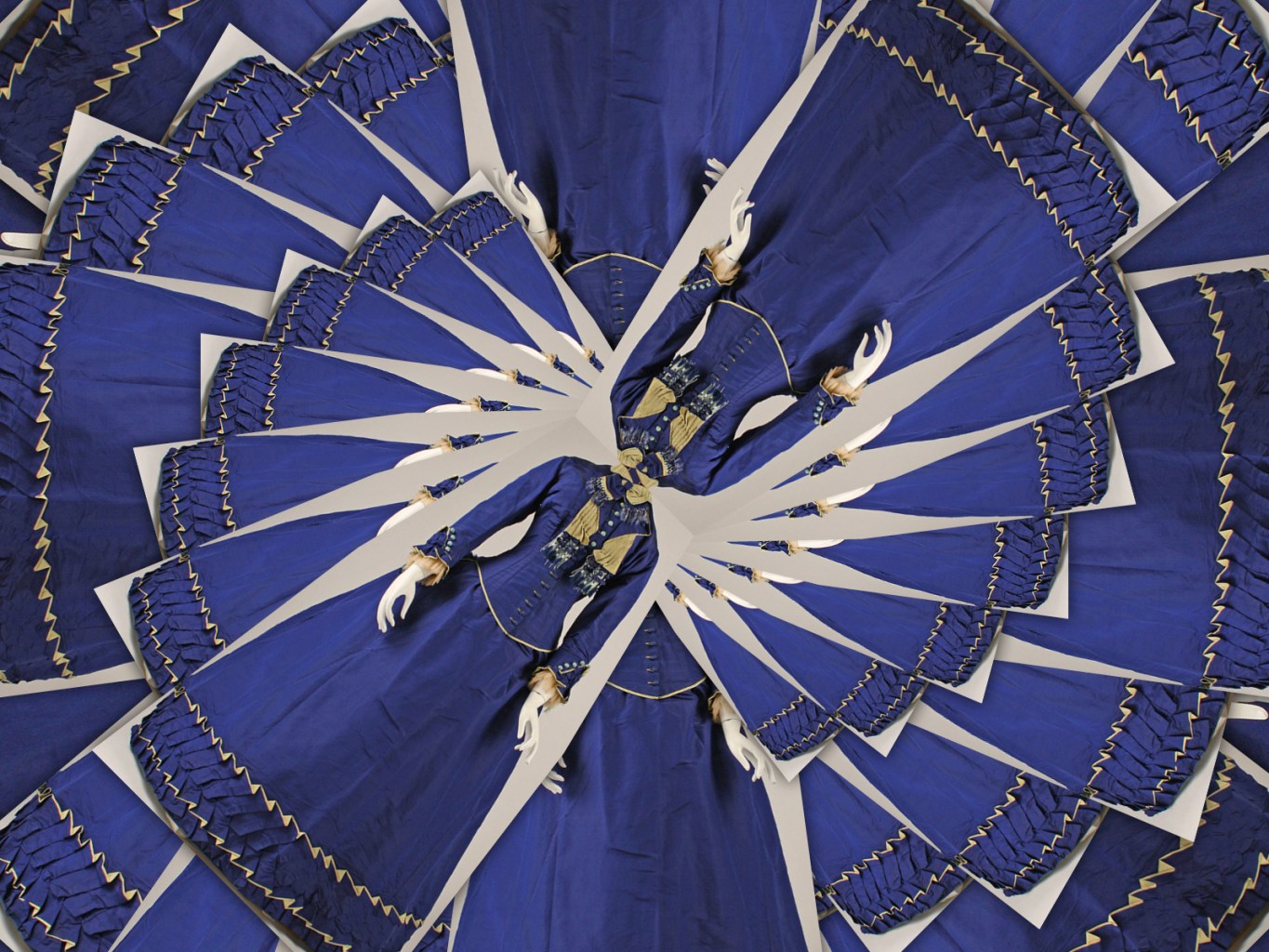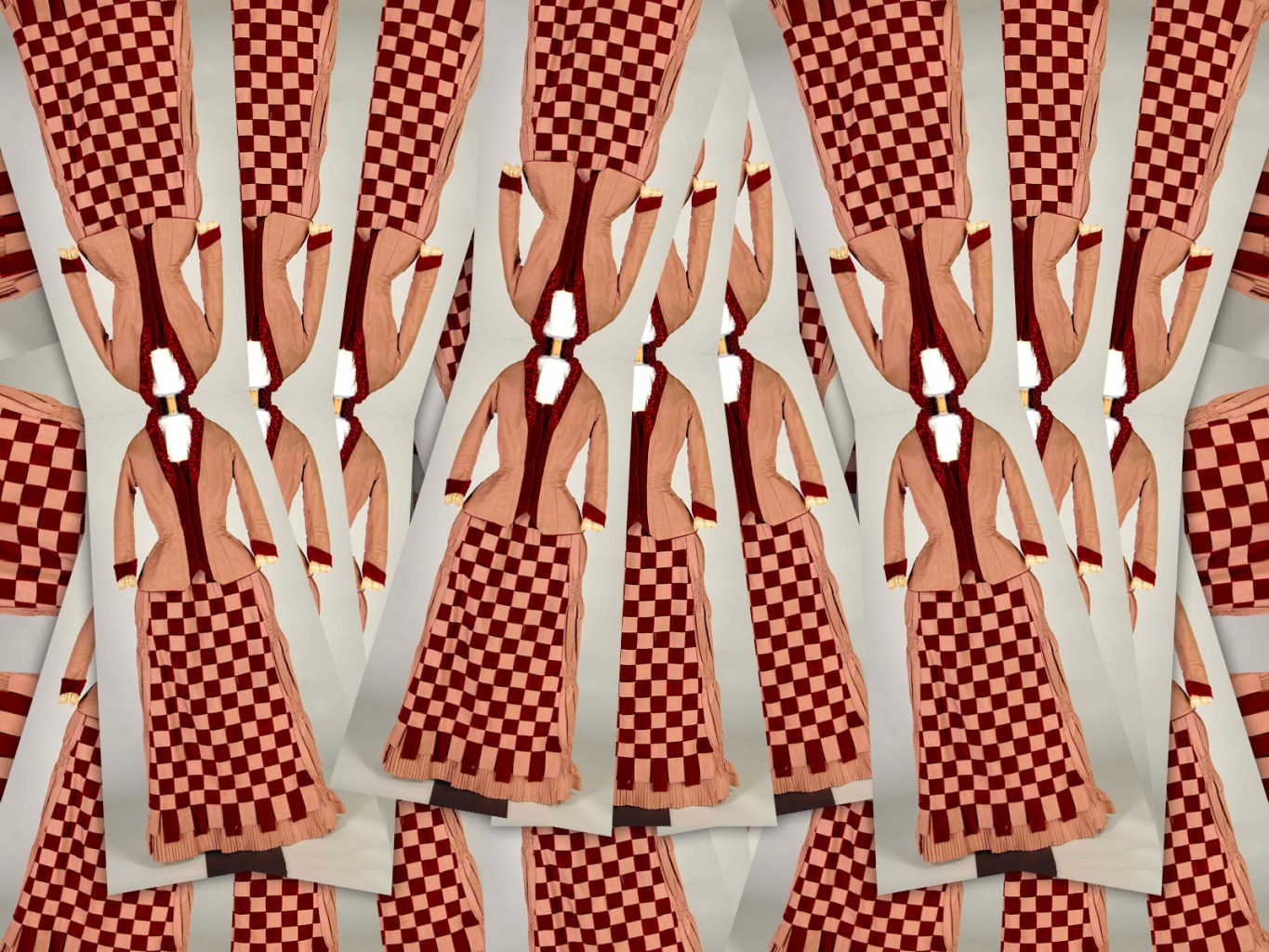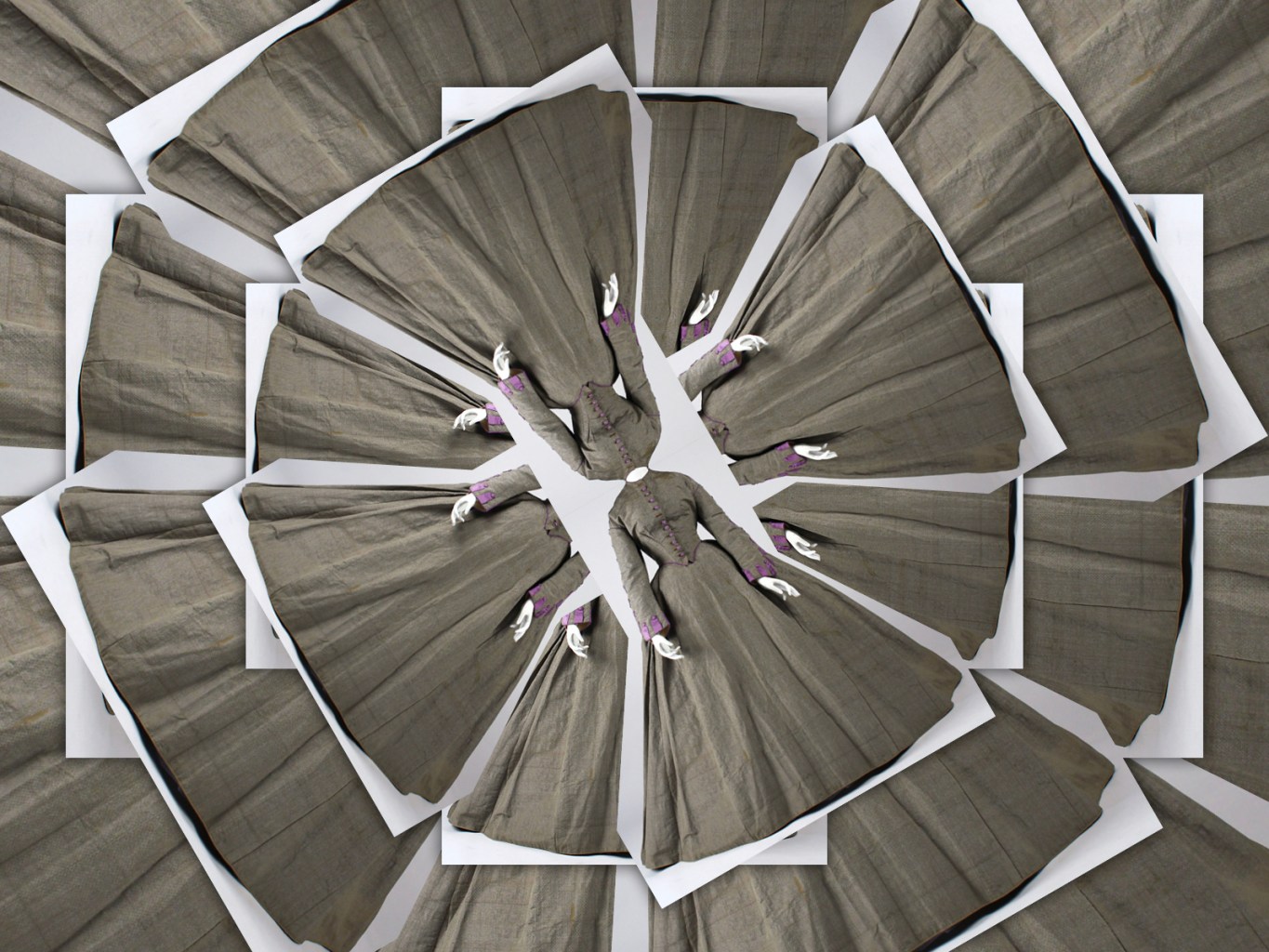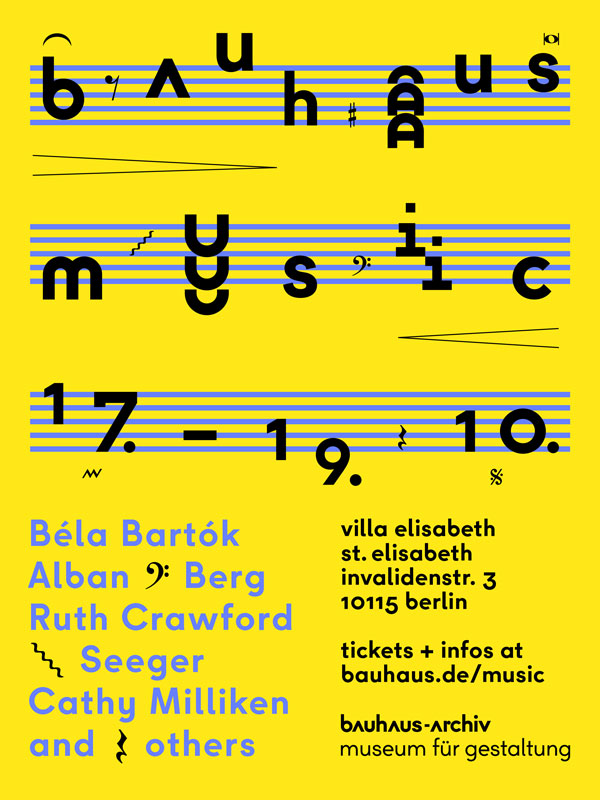Vladimir Horowitz stretches out on his sofa. Basking in the glow of a recent Carnegie Hall triumph, the virtuoso grants a rare interview. He has something important to say, a deeply held wish he’s rarely discussed. The conversation is nearly over before he brings it up.
“The only thing which I change,” begins the maestro, feeling his way. “It is a very funny thing…”
“I don’t like to play in the evening,” he finally announces. “I prefer to play afternoons… There are many reasons. I have a feeling that the public is more relaxed.”
“And it’s better for me,” he adds. Then, beginning almost in a whisper, the names start pouring out.
“Rachmaninoff,” he says quietly. “Kreisler.” As his voice rises, so do the memories. “Hofmann, too, and Myra Hess—all afternoons. Always! The greatest artists play afternoons.”
From that day on, so does he. For the rest of his long career, Horowitz’s standing-room concerts take place only at 4 p.m., on weekends. Within the relaxed atmosphere of the matinee, the pianist achieves some of his most sensitive, searching performances. These afternoons live on, filling several of the best-loved classical recordings of all time. His cherished Moscow matinee, performed in his 80s, topped Billboard’s classical chart for more than a year.
Yet in many European symphony halls, booking headline matinees like this is rare. In their place, concert organizers offer sing-alongs, open rehearsals, family shows and the like. Pleasant as these daytime programs can be, they’re crumbs compared to the feast that is the true matinee—the world’s greatest musicians, thrilling their audience with an afternoon star turn.
The numbers tell the story. When Hamburg’s Elbphilharmonie opened in 2017, the glittering Herzog & de Meuron tiara averaged a matinee each week, sometimes holding two or three. Now, it’s more like two or three a month. Over at Copenhagen’s Koncerthuset, it’s one every month. In England’s Royal Festival Hall, the London Philharmonic might play just one a year. And except for a day of children’s shows, the Berlin Philharmonic plays no matinees at the Philharmonie Berlin, while the LSO perform none at the Barbican.

Cutting back on the matinee—and its audience—is a surprising decision, especially now. As European musical institutions wring their hands over reduced government funding, once-busy afternoon stages are abandoned. Yet opera houses, theaters and cinemas continue regular matinees, welcoming the orphaned symphony audience. It seems to be a growing segment: Speaking with music producer Rick Rubin, economist Tyler Cowen reports that remote work is leading more people than ever to seek daytime diversions.
For many, the matinee is simply the best time to enjoy a classical concert, or to play one. Horowitz wasn’t alone in wanting to forego the glamor—and clamor—of night-time recitals.
Everybody relies on matinees occasionally, and some often: composers and travelers, reviewers and retirees, early birds and those too late to score a coveted ticket. Missed that thrilling soprano on Friday night? If you’re in Tokyo or Toronto, San Francisco or Sydney, there’s always the afternoon performance to give you goosebumps. But in a number of European capitals, this is no longer true.
While a few leading orchestras continue the tradition, in much of the UK and EU, top-tier matinees are now the exception. If he were to somehow return to play one, Horowitz would find himself locked out of many of his favorite halls.
Consider the current tour of an artist he inspired, Icelandic pianist Víkingur Ólafsson. In constant motion this year, Ólafsson is playing 88 concerts on the 88 keys, taking the “Goldberg” Variations to every continent but Antartica.
The next leg of his odyssey carries him across the U.S. and Canada. A third of his performances there will be afternoon recitals. On his recent swing through Asia, it was half. Yet back home in Europe, playing more concerts than anywhere else—45 over the course of the year—matinees feature in only a single weekend.
One can’t help wondering what the composer of the “Goldberg” Variations might say. After all, Bach wrote hundreds of cantatas and other sacred works specifically for daytime performance. Unable to ask him why the European matinee is fading here, and flourishing there, I meet with artistic administrators across England and the EU. My tour begins where Ólafsson’s will end—at Hamburg’s towering Elbphilharmonie.
The latest from VAN, delivered straight to your inbox
Christoph Lieben-Seutter, long-time artistic director of the Elbphilharmonie and Laeiszhalle, is tall and genial, with an easy laugh. “The only boring part,” he says of his job, “is that touring orchestras are often coming with the same Brahms and Beethoven and Mahler stuff. This is our daily business—fighting for unusual programs.”
Might this be an opportunity for more afternoon concerts? Less formal and expensive than evening performances, matinees have long welcomed diverse audiences and agendas into the symphony hall. Since the competition for stage slots is also reduced in the afternoon, venues sometimes choose them to try out more daring repertory.
“I think matinees are great to have,” says Lieben-Seutter. “You are somehow in a different state of mind. You’re more relaxed, more open to music.”
But to book them more often, he explains, the biggest obstacle is—ironically—the hall’s success. With so many musicians jockeying to appear at the Elbphilharmonie, few concerts play even two nights in a row, much less a night and an afternoon.
Not only are the stages fully booked, so are the musicians. In Hamburg, the philharmonic orchestra is also the opera orchestra, so they’re busy rehearsing most afternoons. The result is that there’s rarely space in the ensemble’s packed calendar for additional daytime performances, even if conductors want to program more matinees. “It’s not their choice,” laments Lieben-Seutter, “it’s the system.”
At Copenhagen’s Koncerthuset, Tatjana Kendal oversees a similar high-wire act. Like Lieben-Seutter, her role combines artistic and management duties, and her title—repertoirechef—nicely suits this Michelin-obsessed city. In this three-dimensional chess game, organizing several halls and ensembles several years in advance, she’s a grandmaster.
Yet as subscribers eagerly leaf through her latest season brochure, they find only one afternoon concert a month. To explain this, Kendal begins by dispelling matinee stereotypes.
“You would think it would be an elderly audience, because they don’t like to go out in the evenings. But it’s not really like that. Different people have many different reasons for preferring weekend afternoons. We’ve done surveys and I’m there for all the concerts and see who’s attending,” she says. “It’s the same audience as on a Thursday or Friday night.”

Since her matinees make up one of the more popular subscription series, why book so few? Partly, it’s the Faustian bargain of commissioning an architectural icon. Though they’re no twins, Koncerthuset and Elbphilharmonie did go through similarly difficult births.
Conceived as prestige projects, both arrived years late, burdened with staggering cost overruns. When each concert hall opened—first Copenhagen, then Hamburg—it gained the dubious celebrity of being the most expensive ever built. (Elbphilharmonie retains the title today.)
To repay their mountainous debts, the majority of performances—in both cities—go to commercial bookers. While these partners work in close collaboration with the symphony organizations, there’s constant competition for stage time. Kendal has to stand firm just to keep her solitary matinee.
“All these rock and pop concerts coming in… of course they’re more interested in having a Saturday night. But we’re already there, filling up one of those spots each month. So they’re saying to me, ‘Could you start the matinees earlier, maybe at 11 o’clock?’”
“For me, that’s a no-go,“ she laughs. “No Mahler’s Second before lunchtime.”
Lieben-Seutter faces a similar tug of war each weekend. But like Kendal, he’s not complaining. “If you ask me,” he says, “I have the best job in the music business: A great venue that the audience loves, that the artists love and where my staff is very happy to work.”
“We are lucky to have such an attractive building,” he adds. “And our job? To keep the promise this building makes.”
Yet for all those who agree with Horowitz—and Lieben-Seutter—about the special qualities of afternoon performances, a question remains: Does that promise include unforgettable matinees?
One hall offering answers is the Royal Concertgebouw. While the matinee may be sidelined in many European capitals, Amsterdam is turning it into a national darling.
In tens of thousands of Dutch households, weekends begin to the strains of the ZaterdagMatinee. This adventurous Saturday program is one the Concertgebouw’s most popular. A regular sell-out before the pandemic, bookings have quickly picked up once more, while a huge local and international audience tunes in online.
There’s no such thing as a typical ZaterdagMatinee. One weekend, it may present Baroque music paired with Morton Feldman meditations; the next, a Wagner opera on period instruments; following both, a Steve Reich world premiere, specially commissioned for the Zaterdag stage.
Little wonder that Bernard Haitink chose this matinee—and Bruckner’s Seventh—for his farewell concert to the nation. From one surprising weekend to the next, ZaterdagMatinee is now celebrating its 63rd year, widening musical horizons for generations of Dutch listeners.
At the Concertgebouw, the following day features two more matinees. Sunday mornings roll out the welcome mat for first-time listeners, playing familiar classics. This is followed by their world-famous Sunday afternoon concert, which has always attracted top international artists. During the final tour of his career, playing just four cities, Horowitz made sure to include the Concertgebouw Zondag matinee.
These weekend matinees achieve such consistent sales, intense loyalty, and high expectations, the Concertgebouw is adding new ones for the weekdays. Among these popular new afternoon series is one called Study Sessions, a gift of the pandemic.
At that time, concerts were only allowed if empty seats separated each attendee, a disaster for the bottom line. But even before Covid, management had an idea brewing for a new kind of matinee. By chance, it worked perfectly with the new pandemic restrictions.

So in the midst of lockdown, the Concertgebouw invited the nation’s entire university population to pop by for the day. As masked musicians played on stage, the neoclassical auditorium become one vast study hall, easing students’ isolation while helping them prepare for exams. If Mozart is supposed to make babies smarter, why not university students? The tickets—distanced, of course—were snapped up so quickly, a second day had to be added.
Study Sessions proved so popular—and effective at raising test scores—schools demanded it continue. Now, each time exam season rolls around, students line up to buy three-hour matinee tickets, cramming for tests while being serenaded. Empty seats still surround each scholar, accommodating their notebooks, computers and dictionaries. The Concertgebouw reports that along with higher grades, membership in their youth organization goes up following each study hall matinee.
With symphony organizations desperate to hook young audiences on the concert habit, Study Sessions might be an entry drug worth copying: inexpensive, informal, and off limits to anyone over 35. That is, unless you happen to be carrying an oboe.
So as a continuing source of new crowds, adventurous series, sold-out halls and global listenership, the matinee is a vibrant laboratory at the Concertgebouw, retaining and renewing its audience. Are there lessons here for Europe’s next starchitect symphony hall?
In interviews for this article, an interesting refrain emerges. For concertgoers and orchestras alike, matinees are a hidden oasis in the classical calendar. For those who enjoy them, the differences between a busy evening out and a weekend matinee are, well, like night and day.
For halls that make afternoon concerts a weekly part of their schedule, the little matinee can sometimes even help address big challenges. For example, as the fame of Elbphilharmonie grows, so does the frustration of many Hamburgers. While they’re justly proud of their new crown jewel, its popularity has rendered spontaneous symphony-going all but impossible.
“To be sold out six months in advance is not ideal,” acknowledges Lieben-Seutter, “If you’re young, you don’t plan to go to a classical concert so far ahead! You’re thinking of taking your girlfriend out next weekend.”
That’s where matinees can come in. Afternoon tickets move more slowly than evening ones, even when every seat is eventually sold out. This slower pace of sales keeps the window of opportunity open longer, allowing different audiences to partake.
According to the Concertgebouw, the key to this kind of spontaneity is consistency. If your audience can count on the week’s top stars performing at a weekend matinee, afternoon attendance becomes habitual. But at halls where the symphony season includes only a handful of daytime performances, listeners may not go to the trouble of scouring the catalog to find them. The afternoon habit disappears, along with the matinees.
This lesson isn’t lost on Europe’s latest sculptural symphony space, the Jean Nouvel-designed Philharmonie de Paris. Built as part of Cité de la Musique, the complex’s two main halls have regularly offered matinees since they opened.

A renowned guest performer at these afternoon shows is the London Symphony Orchestra. Since the LSO never plays matinees back home at the Barbican, what do they think of ducking under the Channel for a daytime gig?
“We often do the 4 o’clock at the Philharmonie,” says managing director Kathryn McDowell, “and everyone loves that. They have time to get a bite to eat afterwards and catch the Eurostar home. Or else we can all go out for an evening in Paris before going on to Luxembourg or Amsterdam. So we like it a lot. There’s a good house with an enthusiastic audience, and that’s all we need.”
Indeed, in Paris, Amsterdam and Vienna, the matinee continues to be a key entry point to classical music, helping create the future of the artform. It’s one place where lifelong listeners may find themselves seated next to pop music influencers. And tomorrow’s orchestra professionals may well be filling the next row. After all, many classical musicians trace their careers to an exciting first encounter, taken to the matinee by their parents.
As orchestras in Europe reduce matinees, the most significant impacts may be the hardest to measure. These afternoon concerts have long nurtured a hall’s most seasoned veterans, along with its youngest recruits. Cutting back on these performances may hinder orchestras, both from maintaining the loyalty of one generation, and passing the torch on to the next. While symphony organizations face budget cuts and other challenges, the matinee may be disappearing, just when it’s needed most.
So for the next European city, wooed by dreams of building a dazzling symphony hall, an intriguing question arises: What would best cultivate the future audience to fill it—hundreds of millions for an iconic building, or a tiny fraction of that, for regular weekend matinees?
Perhaps the real question is, why not both? ¶
Subscribers keep VAN running!
VAN is proud to be an independent classical music magazine thanks to our subscribers. For just over 10 cents a day, you can enjoy unlimited access to over 875 articles in our archives—and get new ones delivered straight to your inbox each week.
Not ready to commit to a full year?
You can test-drive VAN for one month for the price of a coffee.


